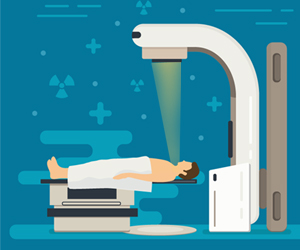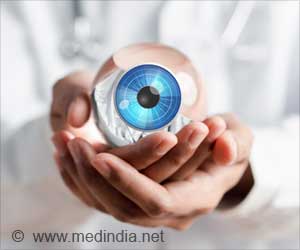
‘Artificial intelligence (AI) can use medical scans and health records to personalize the dose of radiation therapy used to treat cancer patients.’
Read More..Tweet it Now
The research team developed an AI framework based on patient computerized tomography (CT) scans and electronic health records. This new AI framework is the first to use medical scans to inform radiation dosage, moving the field forward from using generic dose prescriptions to more individualized treatments.Read More..
Currently, radiation therapy is delivered uniformly. The dose delivered does not reflect differences in individual tumor characteristics or patient-specific factors that may affect treatment success. The AI framework begins to account for this variability and provides individualized radiation doses that can reduce the treatment failure probability to less than 5 percent.
"While highly effective in many clinical settings, radiotherapy can greatly benefit from dose optimization capabilities," says lead author Mohamed Abazeed, M.D., Ph.D., a radiation oncologist at Cleveland Clinic's Taussig Cancer Institute and a researcher at the Lerner Research Institute. "This framework will help physicians develop data-driven, personalized dosage schedules that can maximize the likelihood of treatment success and mitigate radiation side effects for patients."
The framework was built using CT scans and the electronic health records of 944 lung cancer patients treated with high-dose radiation. Pre-treatment scans were input into a deep-learning model, which analyzed the scans to create an image signature that predicts treatment outcomes. Using sophisticated mathematical modeling, this image signature was combined with data from patient health records - which describe clinical risk factors - to generate a personalized radiation dose.
"The development and validation of this image-based, deep-learning framework is exciting because not only is it the first to use medical images to inform radiation dose prescriptions, but it also has the potential to directly impact patient care," said Dr. Abazeed. "The framework can ultimately be used to deliver radiation therapy tailored to individual patients in everyday clinical practices."
Advertisement
Additionally, this framework was built using one of the largest datasets for patients receiving lung radiotherapy, rendering greater accuracy, and limiting false findings. Lastly, each clinical center can utilize their own CT datasets to customize the framework and tailor it to their specific patient population.
Advertisement
Source-Eurekalert















